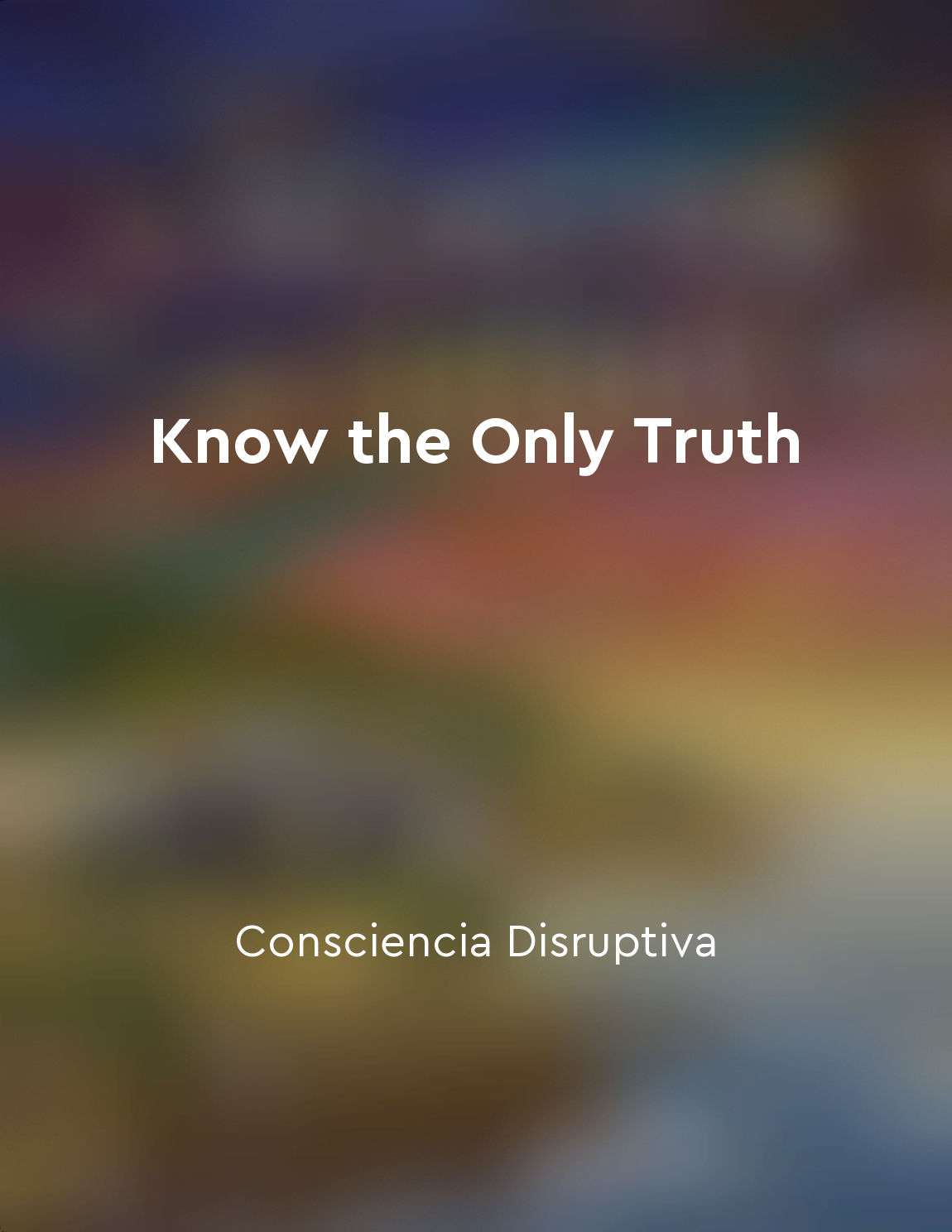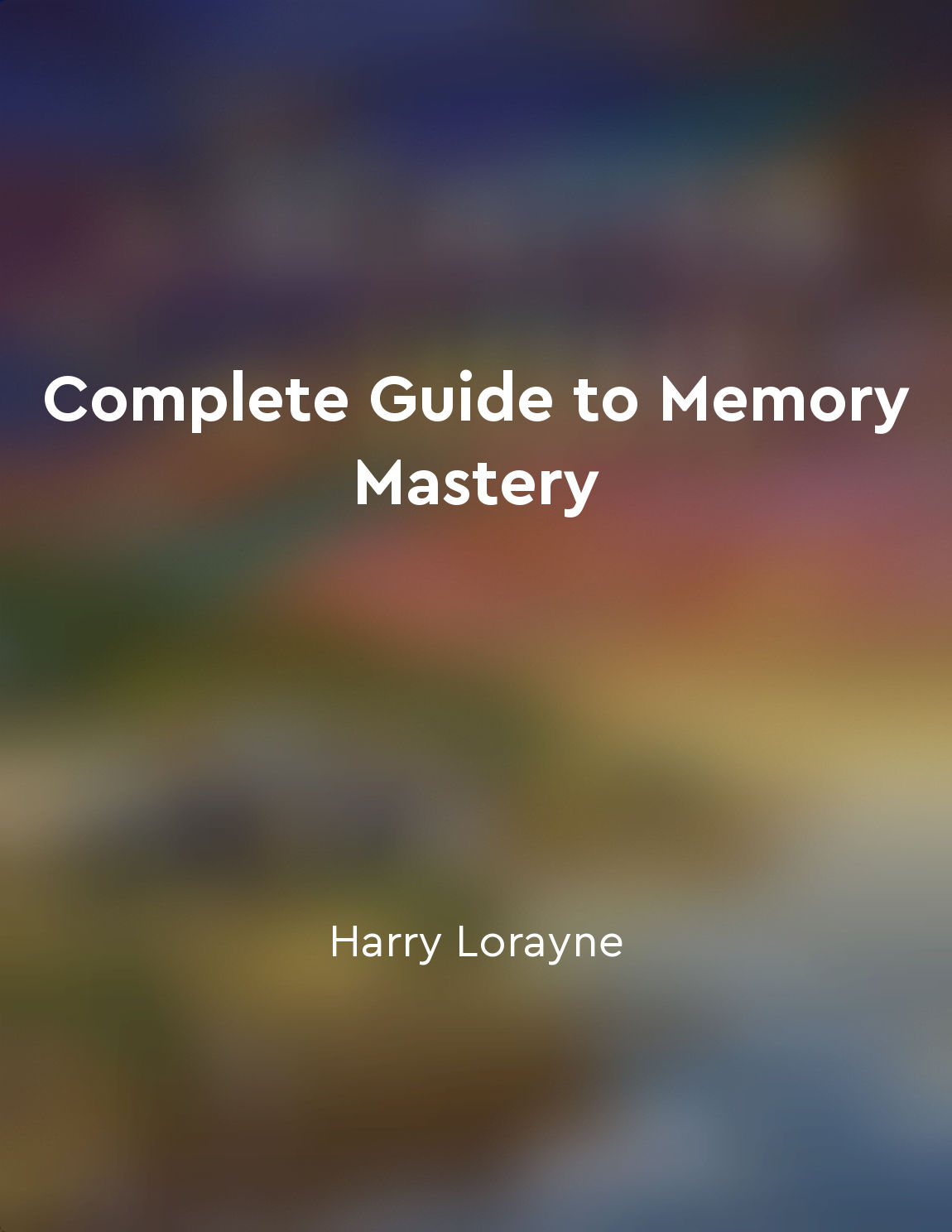Synthesis integrates intuitions and concepts from "summary" of Critique of Pure Reason by Immanuel Kant
In the process of cognition, the mind is presented with intuitions that are raw sensory data derived from experience. These intuitions, however, are not meaningful on their own. To make sense of these intuitions, the mind employs concepts, which are the mental categories that organize and structure the intuitions. Concepts provide the framework within which intuitions can be understood and interpreted. However, intuitions and concepts alone are not sufficient for knowledge to be possible. In order for knowledge to be attained, there must be a synthesis that brings together intuitions and concepts. This synthesis is a mental operation that combines intuitions with concepts in a unified representation. Through synthesis, intuitions are subsumed under concepts, and concepts are applied to intuitions. Synthesis is the bridge between intuitions and concepts, as it integrates the two elements into a coherent whole. Without synthesis, intuitions would remain disconnected and concepts would remain empty. It is through synthesis that intuitions are given meaning and concepts are given content. The process of synthesis is essential for knowledge because it allows for the formation of judgments. Judgments are the result of applying concepts to intuitions through synthesis. Without synthesis, judgments would not be possible, and knowledge would be unattainable. Therefore, synthesis plays a crucial role in the acquisition of knowledge, as it is through synthesis that intuitions and concepts are brought together to form a unified representation. It is through synthesis that the mind is able to make sense of the world and to attain knowledge about it.Similar Posts

Mindfulness cultivates presence and awareness
Mindfulness is the practice of being fully present and aware of our thoughts, feelings, sensations, and surroundings without ju...
The ability to transcend traditional boundaries is crucial
The world we live in today is constantly evolving and changing, and in order to thrive in this new landscape, we must be able t...
Know when to disengage from unproductive arguments
It's important to recognize when a debate or argument is going nowhere fast. There are times when it becomes abundantly clear t...
Engaging in discussions and debates about the material enhances understanding
When we engage in discussions and debates about the material we're trying to learn, we're forced to actively retrieve the infor...
Anticipations of perception lay the groundwork for natural science
In the pursuit of natural science, one must acknowledge that our perceptions are not merely random occurrences, but rather they...
The self is a dynamic center of consciousness
This idea of the self as a dynamic center of consciousness is crucial to understanding Bergson's theory of time and free will. ...

Believe in your ability to master memory
When you embark on the journey to master your memory, the first and most crucial step is to have unwavering belief in yourself....
Cultivating empathy and understanding is vital for a peaceful society
Empathy and understanding are essential qualities that individuals must cultivate in order to contribute to a peaceful society....
The quest for selfknowledge
The quest for self-knowledge is a fundamental aspect of human existence. Descartes emphasizes the importance of introspection a...
We should embrace uncertainty and open ourselves to learning from others
The idea that we should embrace uncertainty and be open to learning from others is a fundamental concept that challenges our as...
